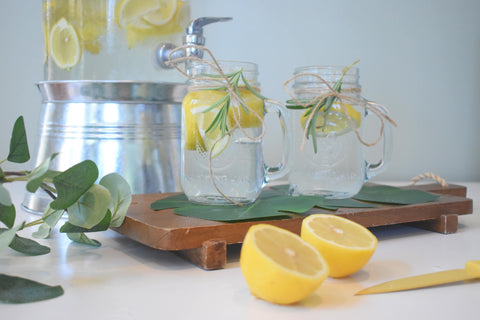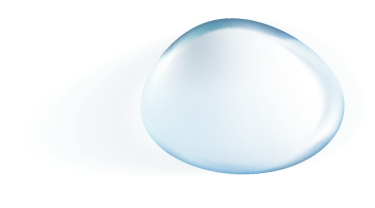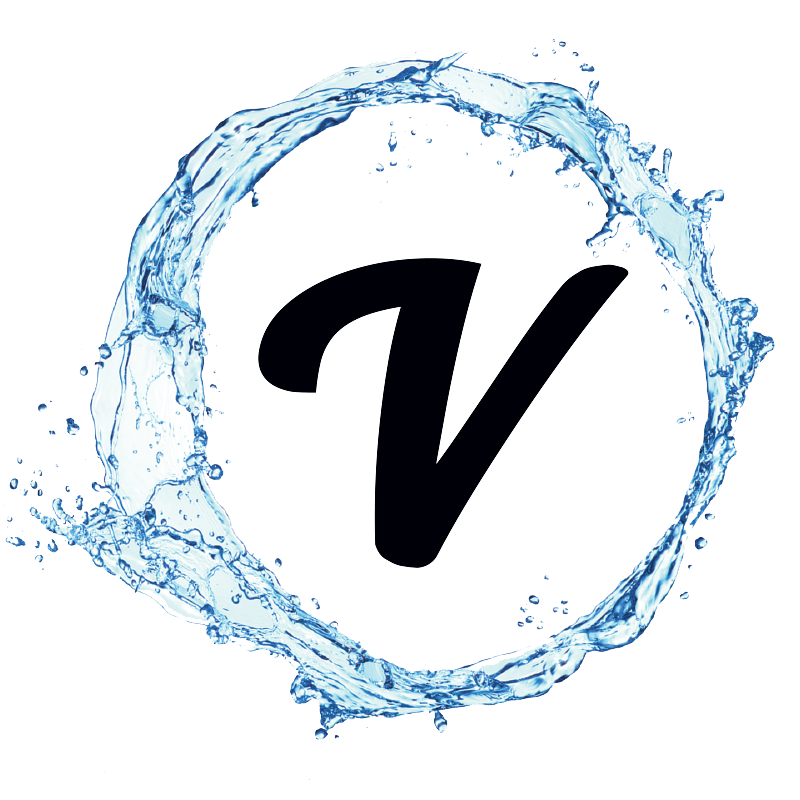Why thirst isn't always the first sign of dehydration
If you've ever woken up after a night of one too many glasses of wine, you've likely felt the pounding headache and intense need to guzzle a gallon of water. This is because alcohol is a diuretic that leads to an excess loss of fluids in your body, meaning almost certain dehydration. But what exactly does it mean to be dehydrated? Dehydration occurs when your body loses an excess amount of necessary water that your cells and organs need to properly function. When you're low on fluids, your body responds negatively. That pounding headache and intense thirst? Yeah, those are symptoms of dehydration. But imbibing on too much alcohol isn't the only way you can become dehydrated. Long workouts, hot weather, or being sick can also lead to excess fluid loss. Generally, dehydration is easily solved by drinking plenty of water and replenishing our electrolytes. Thirst is a common indicator that we need to refill with fluids, but oftentimes dehydration can occur before we even begin to feel thirsty. This means that we can be experiencing negative side effects of dehydration without even realizing we’re dehydrated.
What Can Cause a Lack of Thirst?
Thirst is our body's natural response to fluid loss. It lets us know when it's time to drink so that we can replace the water our cells and organs need to function. However, oftentimes we can be dehydrated without ever feeling thirsty. This can be a problem because if our body doesn't let us know when to drink, we likely won't, thus we become dehydrated. Reasons why you may not feel thirsty can be due to busy lifestyles that keep you on the go and encourage you to ignore your body's natural thirst signals. You may also be quenching your thirst with beverages that are causing you to become dehydrated. Beverages like fizzy drinks, juices, and coffee will satisfy your thirst initially, but these drinks are full of sugars, caffeine, and other ingredients that can have dehydrating effects.

Lack of thirst could also be attributed to your diet and activity level. Some foods, like watermelon for example, have a higher water content that helps to replenish our fluids without having to drink water. We may also be less active some days, which means we will lose less water through sweat and respiration and not require as much as we would on more active days. Lack of thirst should be investigated only if you notice it occurring more frequently. In some cases, chronic lack of thirst could be caused by a serious health issue. Head injuries, certain types of cancers, or liver disease could all be potential reasons for chronic lack of thirst. If you notice a major change in your ability to feel thirsty, you should talk to a medical professional to figure out what the cause may be and how to get help.
Causes and Symptoms Of Dehydration
Your body loses fluids and electrolytes through sweat, urination, or when you get sick with diarrhoea or vomiting. People who exercise for extended periods of time (especially in warmer temperatures) are more at risk for dehydration, as are children and the elderly. Young children cannot easily express their feelings of thirst and they lose more fluids when they are ill as compared to adults. The elderly naturally retains 15 percent less water than younger adults, meaning they need to replenish their fluids more frequently. Women who are pregnant and breastfeeding may also be more at risk for dehydration due to a condition during pregnancy that makes it harder to maintain their fluid levels. Symptoms of dehydration include feeling thirsty, dark coloured urine, fatigue, headache, dizziness, dry mouth, and peeing very little throughout the day. If dehydration is not dealt with, it can potentially lead to more severe side effects like heat stroke, brain swelling, seizures, kidney failure, coma, and even death. These side effects are rare and only occur in very extreme cases of dehydration. However, if your dehydration symptoms persist even after rest and drinking plenty of water you should seek medical attention.
How Can You Rehydrate?
The best way to replenish the fluids in your body is to drink plenty of water. Avoid carbonated beverages like fizzy pop and energy drinks or anything containing caffeine. The ingredients in these kinds of drinks will have the opposite effect and make you even more dehydrated. You should also consider electrolyte enhanced beverages. Electrolytes are minerals found naturally in our body and the foods we eat that are vital for maintaining normal bodily functions. Potassium, calcium, magnesium, and sodium are common electrolytes found in many fruits and vegetables and electrolyte enhanced sports drinks. Electrolytes aid in hydration by maintaining fluid levels in your body. Electrolytes are lost through bodily fluids, like sweat. They are equally as important to replenish when recovering from dehydration.

How many electrolytes you need for normal bodily function depends on age, activity level, climate, and how much water you consume. An electrolyte imbalance (having too little or too many electrolytes in your system) can cause symptoms like interruptions in heart rhythm, muscle twitching, lethargy, and headache to name a few. You can fix low electrolyte imbalance by eating foods like oranges, kiwis, spinach, kale, or other foods that are rich in electrolyte minerals. Additionally, using a hydration sachet with added electrolytes such as ViDrate Hydration sachets to your water is a quick, tasty way to replenish your electrolytes when you’re on the go. There are also many electrolytes enhanced sports drinks available in most grocery and convenience stores. Although, some of these sports drinks contain added sugar that you may be trying to avoid. A healthier alternative could be adding fruit like strawberries and kiwi to your water or making a fruit smoothie.
Tips for Avoiding Dehydration
The best way to avoid getting dehydrated is to, well, stay hydrated. This means making a point to drink more fluids throughout the day and increase your intake of electrolyte rich fruits and vegetables. If you have trouble remembering to drink water, set a timer on your phone for at least once every hour as a reminder to hydrate. You may even want to consider buying a reusable water bottle that you can refill throughout the day so that you will always have water nearby. If you’re planning on doing a workout or engaging in any kind of vigorous activity, prepare ahead of time by drinking plenty of water. Be sure to bring some with you to consume during and after your workout as well, and don’t forget to bring an electrolyte sachet with you if you are going to be active for more than an hour. It's recommended to drink electrolyte enhanced beverages after about an hour of vigorous exercise for best health practices. And remember, even if you are not thirsty you may still be at risk for dehydration. Don't wait until your mouth is dry before you reach for your water bottle. Stay vigilant about your hydration and you’ll be rewarded with a healthy functioning body. Do yourself a favour and drink up.

In conclusion, yes, it is possible to be dehydrated before feeling thirsty. The best way to avoid dehydration is to make drinking water or fluids a part of your daily routine, this will enable you to keep your body constantly hydrated without having to think about the side effects of dehydration.






















